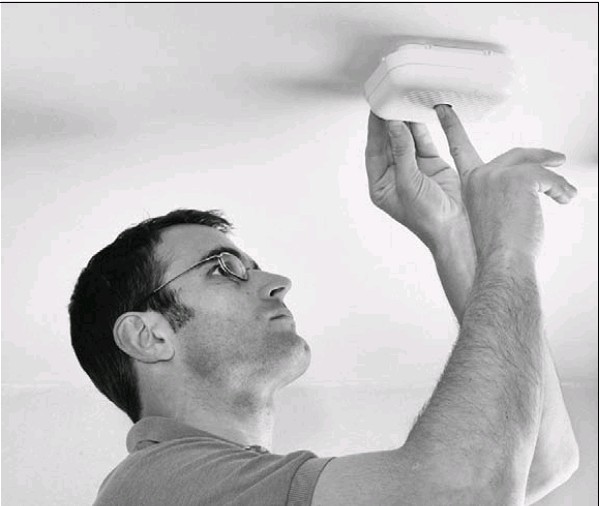Prepare detailed reports
Tony Gioventu
Province
Dear Condo Smarts:
Our strata corporation is about to proceed with some major exterior work. Can a strata corporation borrow money in the same way an individual takes out a mortgage to buy a home? How and what are the best ways to set the payment schedule? Is it best through a special levy or through our monthly strata fees?
— John Alton, Burnaby
Dear John: Yes, strata corporations can most definitely borrow funds, and they can borrow large amounts. There are several banking institutions in the province which lend to strata corporations for major construction and upgrades.
Your strata council should first start with a complete construction report on the scope of work you intend to conduct, and once you have established an accurate cost estimate, it is time to start shopping around for the best service and best rates. Provided the ratio of the loan, versus the capacity of value is not excessive, the rates should be competitive at a commercial level, and the terms of repayment can be five to 10 years.
Repayment could be achieved by one of two methods. A special levy, or levies, could be imposed until the loan is paid. An expense to the annual operating budget is a second method; the monthly fees would include the value of each strata lot’s loan payment by unit entitlement.
Depending on the term of the loan, value of the loan, and your management administration costs it may be more economical and efficient to approve the loan as part of the operating budget and monthly fees. If the repayment is short term and a fixed rate with no variables, then a special levy may be the appropriate decision.
The strata corporation enters into a loan agreement, which is a contractual document that will grant the lender the first priority of receipt of special levies or strata fees.
Because the strata cannot mortgage common property, this is the security required by most lenders to ensure that they have the legal authority to collect on behalf of the strata corporation in the event that the strata corporation defaults on the loan.
Before you enter into a loan agreement you will first need the approval of three-quarters of the owners for the value of the loan, terms and conditions of the loan, and the period of the loan.
It is critical for the owners of the strata, the strata council and the lender, that the three-quarter resolution is properly written and reflects all of the conditions and payment schedules of the loan.
A strata council should seek legal advice on the writing of the resolution, and the loan negotiations. If the resolution is not properly worded owners may be exposed to changes in the loan rates or terms that they did not approve, and the council and the lender may not be granted the authority necessary to execute the loan or take proper action for collections.
When negotiating a loan, it is critical to identify what the monthly payments will be in the repayment schedule. And don’t forget the economics of the loan repayment.
It may have seemed like a good idea to borrow the funds, until you discover the payments have raised strata fees or a special levy by $300 to $500 monthly.
Tony Gioventu is executive director of the Condominium Home Owners’ Association. E-mail [email protected].
© Copyright (c) The Province


